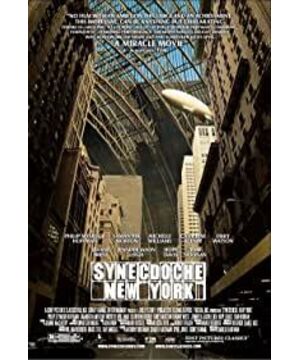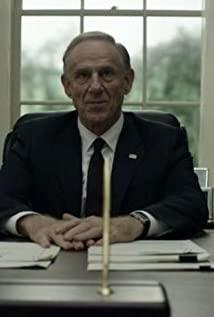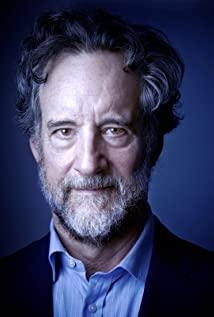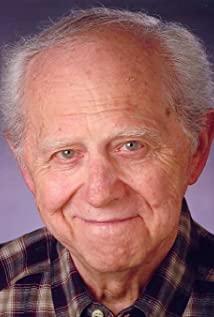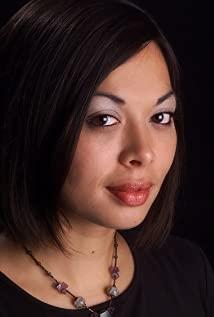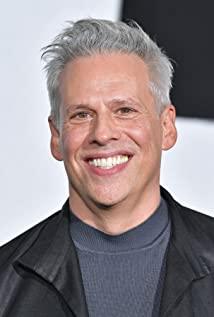As everyone agrees, the director Kaufman loves to talk about people and mental illness. The male protagonist in "Aberrations" suffers from Figley's delusion and believes that the whole world is played by the same person, and "New York Synonymy" In the middle, the male protagonist’s last name, Cotard, is a metaphor for a completely opposite psychosis called Kotard’s delusion. Patients with this delusion think that they are dead, so there is a more understandable name for this disease---walking corpse Syndrome.
I don’t want to discuss whether the male protagonist in the play really has Walking Dead Syndrome. There are various evidences that he may have Walking Dead Syndrome, and there are also some evidences that he does not have this syndrome (for example, he cries as soon as he has sex, and has a strong sense of self. , It is not a manifestation of the walking dead syndrome) The hero’s last name may be the director’s insinuation, or it may be an incomprehensible smoke bomb deliberately created by the director. And what I think is more obvious than the walking dead syndrome is that the director is talking about type 4 personality in a typical general state.
Don Charlie Risso described the fourth type of personality in a general state in "Enneagrams" like this:
They pay attention to emotions, can internalize and personalize everything, are narcissistic, sentimental, shy, self-conscious, and have a good temperament. Change, melancholy, appear "inaccessible", and consciously look like an outsider. They feel that they are different from others, so they don't want to live like others, even if they have such needs emotionally. They are melancholy dreamers, self-pity, decadence, emotional indulgence, living in a world of fantasy. Self-compassion and jealousy of others make it easy for them to fall into a kind of self-indulgence, slowly becoming unrealistic, unproductive and pretentious-always waiting for a rescuer.
In the first 4 minutes of the film's ending, the qualitative description of the male lead in the voice-over responds to this personality.
"What was in front of you, an exciting and mysterious future, now everything is behind you, alive, understanding, disappointed, you understand that you are not so unique, you have struggled for your survival, and now You can only walk silently. Everyone has this experience. Everyone has almost the same plot. Everyone is the same. You are Hajol, Claire, Oliver..."
What the male protagonist does in and out of the play is to constantly find himself, and the more the Type 4 personality wants to find himself, the less he can find and the more and more lost. The male protagonist constantly directs himself. In and out of the play, he wants to direct his own life. In the end, he is replaced by life. He is no longer himself. He is everyone, and he is not. He has become an ordinary person. Struggled like everyone else, but what is worse than others is that he has been given so many opportunities to correct himself, but he has missed every critical moment.
He realized early on that what he really wanted was Harou, but he cried when he was in love with Harou. He couldn't explain himself, and made Harou annoyed. He didn't dare to actively embrace the person he wanted. , I had to wait silently for the rescuer in my heart to pity myself.
He has never played a good father in the life of the eldest daughter Oliver, but in trying to make up for the illusion of the eldest daughter, he lost the opportunity to get along well with the second daughter.
The most frightening thing is that he often can't remember his second daughter.
The fourth type of personality is the best and most potential artist. They are born with inspiration and sentimentality is their source of inspiration. However, because of this inborn depression, they are extremely prone to depression. When encountering difficulties, they become depressed. It will make them stop quickly, and even want to destroy everything they already have. The most interesting thing is that the fourth type of personality is mostly empiricists. They are willing to try all the pain and joy. The tears of broken love, despair, ecstasy, and anger are all evidence that they have no regrets in life. They need emotions and pay the most attention. Their emotions, they confirm that they are alive and that they are different from others through their emotions. The most important thing about this difference is that it cannot be understood and understood by most people.
The most depressing and contradictory part of them is that they both want to be understood and are afraid of being understood.
Just like this drama, Kayton has been looking for redemption. He believes that finding oneself is a kind of redemption. He believes that getting Hajol is a kind of redemption. When he loses everything, it is not important to be ununderstood. NS.
Well, this play has actually been talking about one word all the time, called "Zuo". Kayton has been trying to find himself and ignored the people around him. He has never dared to truly admit what he needs and thinks. He is finally honest with himself until the last scene. He is old and tired, he just wants to sit down by one person. , To get a little warm.
And the play he directed was called death.
View more about Synecdoche, New York reviews


